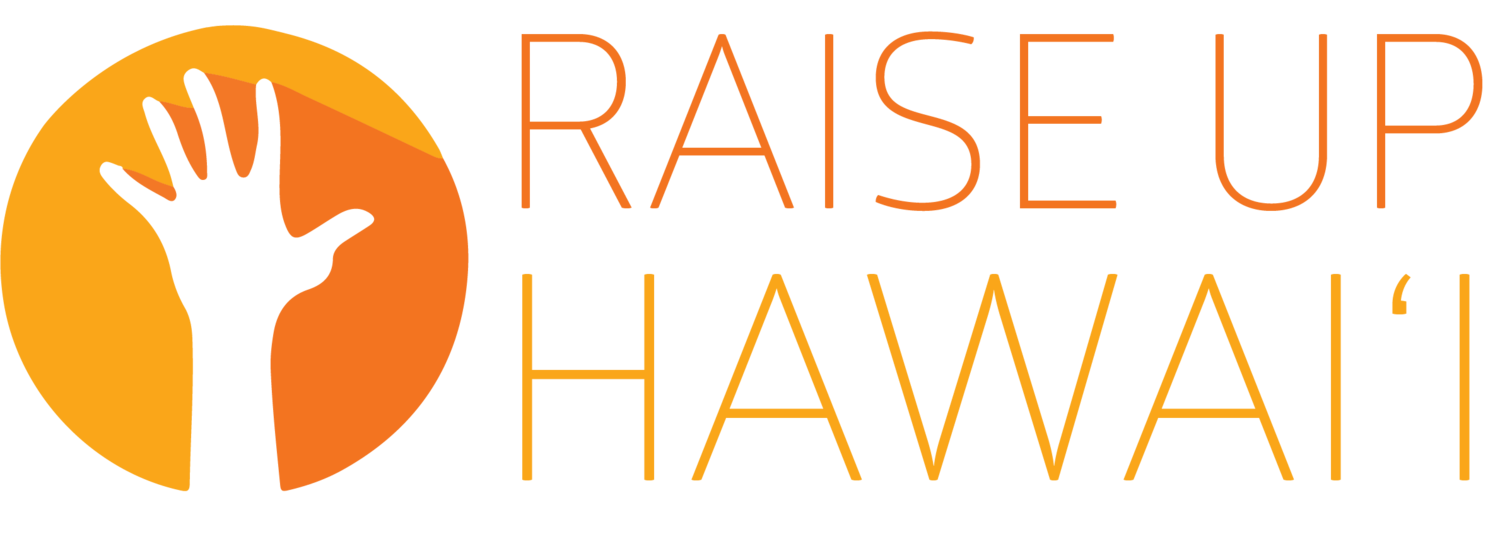A living wage supports mental health
Mental health is not just the absence of mental illness but also living without the toxic levels of stress caused by factors such as poverty, abuse and unpaid family caregiving.
If all of our waking hours are consumed by working for low wages, caring for others and going from family crisis to family crisis, we have little time for sleep, no time for health care and no time to figure out how to improve our situation. We are operating in survival mode and will not be participating in social services that can help us or spending quality time with our children.
In this financial scenario, it takes very little for families to go from financial hardship to disaster. A prolonged illness, an expensive car break-down, a rent increase—any of these things can tip an individual or family earning less than a living wage into homelessness. Trying to achieve self-sufficiency with an income that falls short of what is needed to pay for the basics of food and shelter is virtually impossible.
It explains why nearly half of Hawaiʻi’s population is either in poverty or teetering close to it. And once homeless, pulling oneself out of those desperate circumstances is much more difficult and resource-intensive. Inevitably, it affects mental health and well-being.
A living wage is an investment that pays off.







